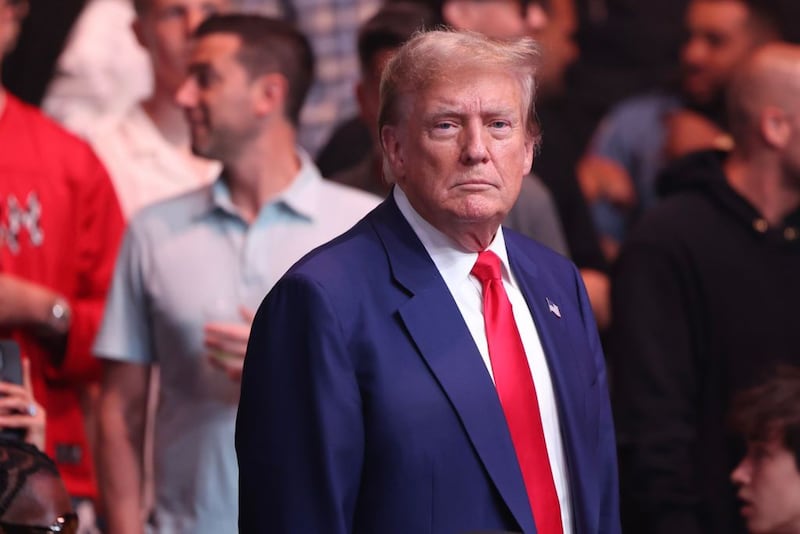ATLANTA — A judge has denied an emergency motion by Fulton County District Attorney Fani Willis for an injunction that would have prevented the enforcement of two subpoenas by a Georgia State Senate Committee.
According to a copy of the order obtained by Channel 2 investigative reporter Mark Winne, Judge Shukura Ingram found no need for the injunction.
Ingram noted that the time specified in the subpoenas has passed, and it’s no longer an emergency.
She said the targets of the emergency motion have taken no action to enforce the subpoenas.
At issue were two subpoenas issued by the Georgia Senate Committee on Special Investigations -- one for Willis to testify on Sept. 13 and one of the production of documents.
Ingram’s order said: “The motion is denied as there is no emergency and the proper procedure for challenging a subpoena is a motion to quash.”
Willis skipped last week’s hearing. In her absence, the committee heard from a lawyer in the office of legislative counsel and a former secretary of the state Senate, both of whom said the committee does have the power to use subpoenas to compel witnesses to appear and to produce documents.
Committee chairman Sen. Bill Cowsert noted at the beginning of the hearing that Willis was not present.
As it drew to a close, he asked a staffer to check the hallway outside the committee room in the state Capitol to make sure she wasn’t waiting out there.
“Let’s please note for the record that Ms. Willis has failed to appear in compliance with the subpoena and has failed to produce documents requested,” Cowsert said. He added that the committee has hired outside legal counsel to assist in the enforcement of the subpoena.
The committee went into executive session to meet with its lawyer after the hearing was over. Then Cowsert and other Republican members of the committee left without addressing reporters.
RELATED STORIES:
- Fani Willis skips a Georgia state Senate hearing while challenging subpoena
- ‘They need to learn the law.’ Fulton DA says she likely won’t testify before Senate committee
- Fulton DA Fani Willis calls Senate investigation into her a ‘political quest’
- House approves Prosecutor’s Oversight Commission bill as Senate begins investigation into Willis
One of the committee’s subpoenas orders Wills to produce documents related to Wade, including documents related to his hiring and payment, documents related to money or items of value that Wade and Willis may have exchanged, text messages and emails between the two, and their phone records.
The committee also requested any documents her office sent in response to requests from the U.S. House, as well as communications Willis and her office had with the White House, the U.S. Justice Department and the House relating to the 2020 presidential election. And they asked for documents related to federal grant money Willis’ office has received.
Willis’ lawyers — including former Democratic Georgia Gov. Roy Barnes — argued in a court filing that the subpoenas are “overbroad and not reasonably tailored to a legitimate legislative need” and that they “seek confidential and privileged information, as well as private and personal information that is not the legitimate target of a legislative subpoena.”
They asked Ingram to declare the subpoenas void because they fall outside of legislative subpoena power because they were issued after the legislative session ended, and because they violate the separation of powers provided for in the state Constitution. They also asked that the subpoenas be declared void because they seek privileged and confidential information. Finally, they asked that a judge permanently prohibit the committee members from pursuing or enforcing the subpoenas.
Lawyers for the committee wrote in a filing that Willis used the wrong legal avenue to challenge her subpoenas, and that she should have filed a motion to quash them. They also noted that neither Willis nor her attorneys ever approached the committee to ask that the scope of the subpoenas be narrowed or to ask for more time to respond or a postponement of the committee hearing.
They argued that the subpoenas were well within the committee’s authority and that they wanted to seek the court’s help to enforce them, so they asked the judge not to issue a temporary restraining order.
Channel 2′s Mark Winne and The Associated Press contributed to this article.
RELATED NEWS:
©2024 Cox Media Group






